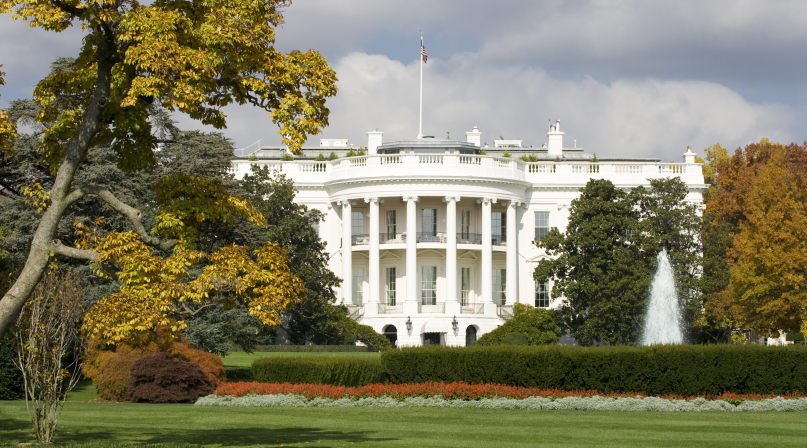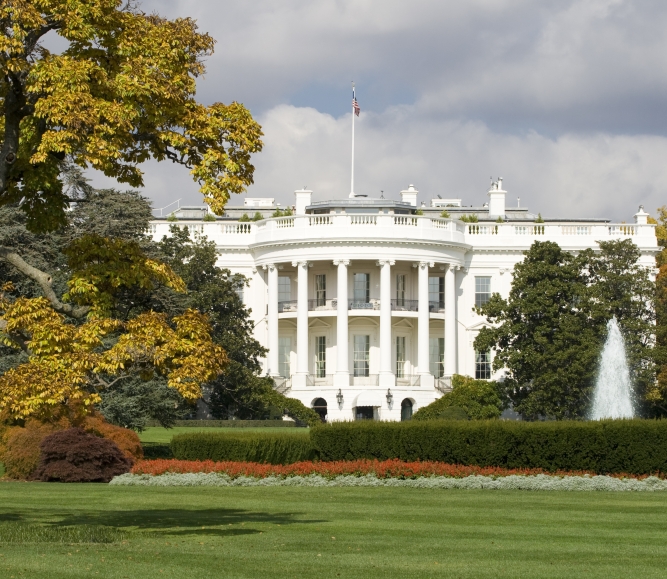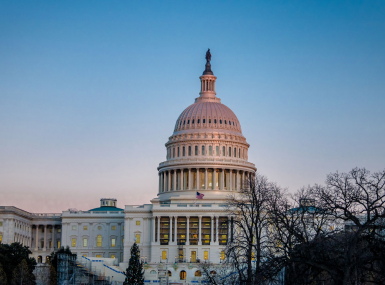White House issues executive order shrinking the CDFI Fund and the U.S. Interagency Council on Homelessness

Key Takeaways
On March 14, the president released an executive order (EO) on “Continuing the Reduction of the Federal Bureaucracy” ordering the Community Development Financial Institutions (CDFI) Fund and the U.S. Interagency Council on Homelessness (USICH) to eliminate all programs that are outside their statutory authority explicitly expressed in federal law. USICH is led by a council of 20 federal member agencies, while the CDFI Fund is managed by the U.S. Treasury Department. The Full-Year Continuing Appropriations and Extensions Act of 2025 (H.R. 1968) signed into law on March 15 continued level funding of $324 million for the CDFI Fund and $4 million for USICH through September 2025.
USICH is an interagency council of 20 federal agencies dedicated to enhancing coordination between local and federal authorities to combat homelessness. While it does not distribute grants or financial assistance, USICH provides technical assistance, helping counties navigate federal funding opportunities and implement best practices to address homelessness effectively.
Established by the Riegle Act of 1994, the CDFI Fund supports CDFIs through grants, bond offerings and training programs. It also administers the New Markets Tax Credit (NMTC) Program, offering investors a 39 percent tax credit for investments in low-income communities. These programs target CDFIs, mission-driven financial institutions that provide low-interest loans, financial training, and business coaching to underserved communities to spur economic growth. Banks, credit unions, loan funds, and venture capital funds can qualify for CDFI certification if they meet specific criteria. Since 1994, the CDFI Fund has awarded $8 billion in grants, allocated $81 billion in NMTCs and guaranteed $3 billion in bonds to aid under-resourced areas.
Certain programs like the NMTC Program are statutory, meaning they have been explicitly authorized by Congress, while others are ‘directed funding’ initiatives that follow the organization’s mission but target specific areas not written in law.
How will counties be impacted?
Counties utilize technical and financial assistance from the CDFI Fund and USICH to reduce economic disparities, enhance housing stability, strengthen tax bases and foster long-term community prosperity. Counties leverage the financial expertise and resources of over 1,400 CDFIs to deliver over $300 billion in financial services each year. CDFIs often align with county governments’ priorities, such as reducing economic disparities and promoting equitable development, making them valuable allies in advancing community prosperity. Support from USICH and the CDFI Fund expands access to capital for communities that may struggle to secure traditional financing or navigate federal grant applications, spurring new developments and homeownership.
Related News

National Association of Counties Reinforces Intergovernmental Partnership in Response to State of the Union Address
The National Association of Counties (NACo) responded to President Trump’s State of the Union address with a statement from Executive Director Matthew Chase.

Counties Celebrate House Passage of Housing for the 21st Century Act
NACo celebrates the passage of the bipartisan Housing for the 21st Century Act (H.R. 6644) in the U.S. House of Representatives by a vote of 390-9.
Advocacy
White House announces Executive Order to close the Department of Education



